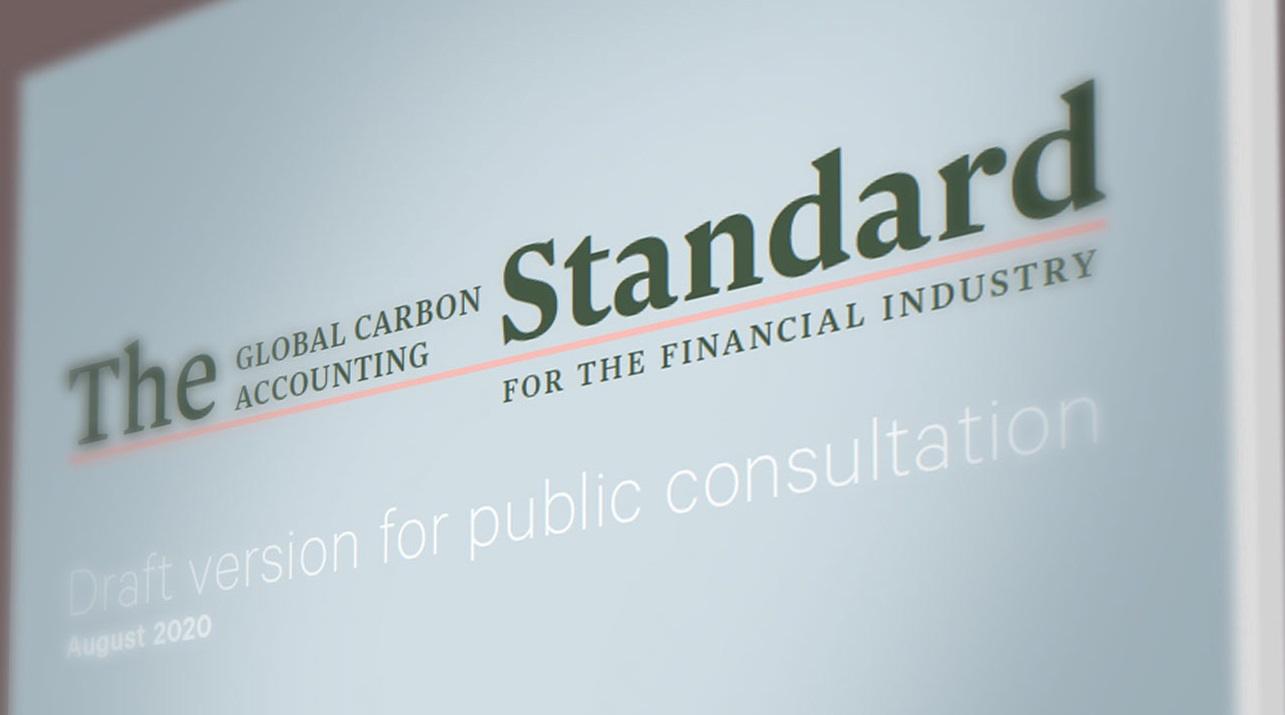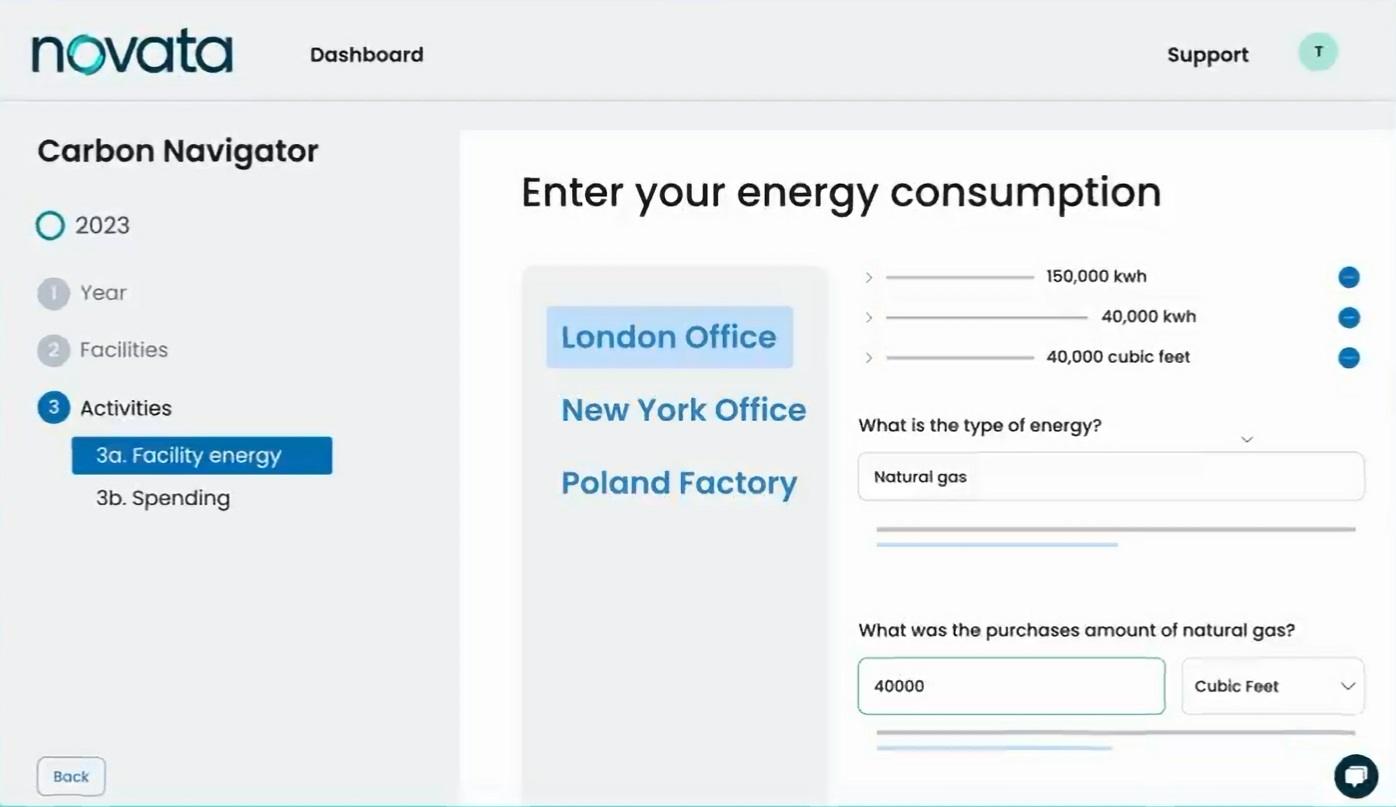PCAF Announces Collaboration with Net Zero Asset Owner Alliance
The Partnership for Carbon Accounting Financials (PCAF) announced that it is collaborating with the Net Zero Asset Owner Alliance (AOA), a UN-convened, international alliance of institutional asset owners, representing nearly $5 trillion in AUM, committed to transitioning their investment portfolios to net-zero GHG emissions by 2050. PCAF has also added a representative of AOA to its Steering Committee. Additionally, PCAF announced that Nepalese NMB Bank has joined the organization.
Peter Sandahl, Head of Sustainability at Nordea Life & Pension, will serve as the representative of AOA. Sandahl said:
“The Net Zero Asset Owner Alliance is pleased to initiate a collaboration with PCAF to further harmonize, develop and implement carbon accounting methodologies for financial institutions. This is an important foundation for investors wanting to take action on climate change and a central part of our objectives and commitments in the alliance.”
The PCAF is a global collaboration of 75 financial institutions representing total financial assets of more than $12 trillion, with a mission to develop and implement a harmonized approach to assess and disclose the greenhouse gas (GHG) emissions associated with their loans and investments. The organization has recently announced the addition of prominent members, including Bank of America, Morgan Stanley, NatWest Group and Citi.
Martin Rohner, Executive Director, Global Alliance for Banking on Values (part of the Steering Committee), said:
“As a network of the world’s leading values-based banks we want to be a catalyst for positive change in the wider banking system. PCAF does just that, offering a practical, scalable and proven way for financial institutions to help address the climate emergency.”
Earlier this summer, the PCAF publicly released its new standard for financial institutions to measure and disclose the greenhouse gas emissions impact of investments and loans. In addition to assessing and disclosing emissions data, the introduction of the standard is expected to enable financial institutions to better set climate targets and asses climate transition risks from their activities. The PCAF has opened a public consultation on the new standard, which will run through September 30, 2020, and the final version of the standard is expected to be released in November 2020.





